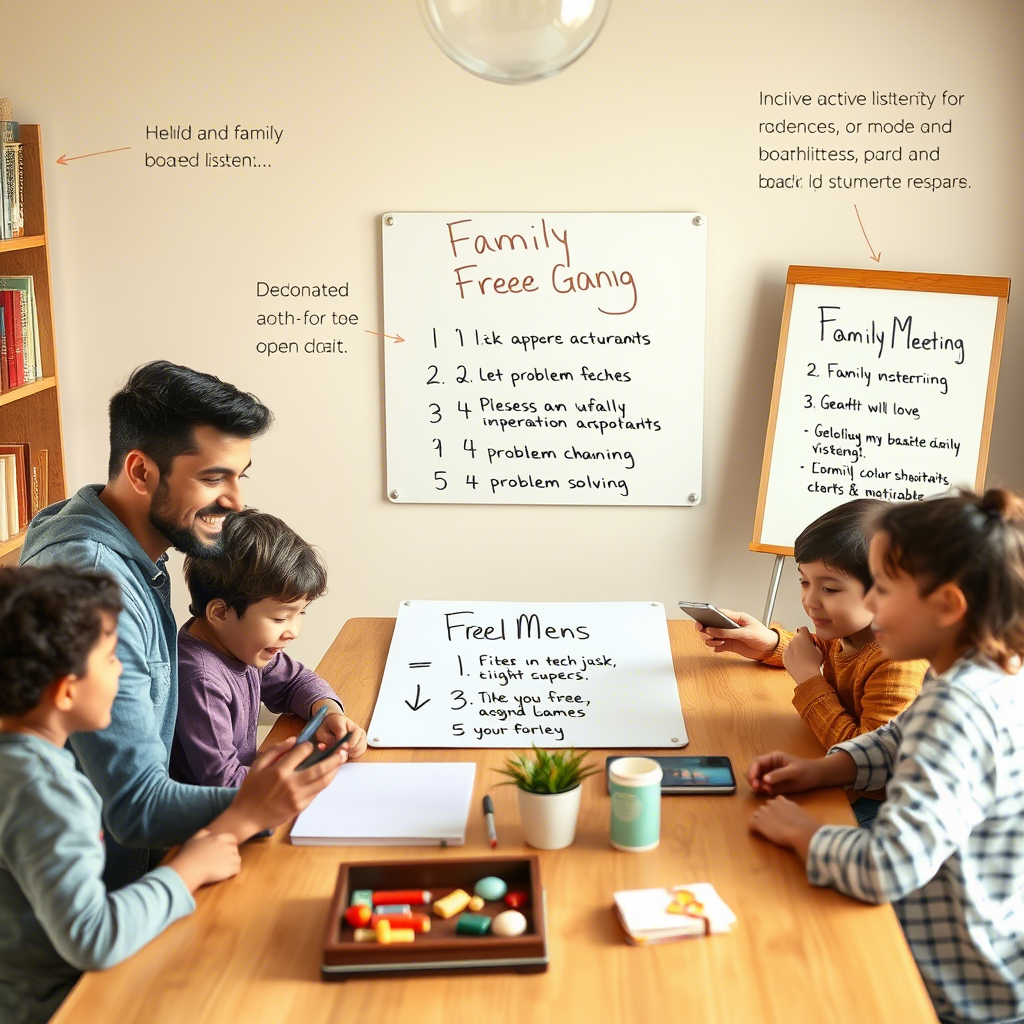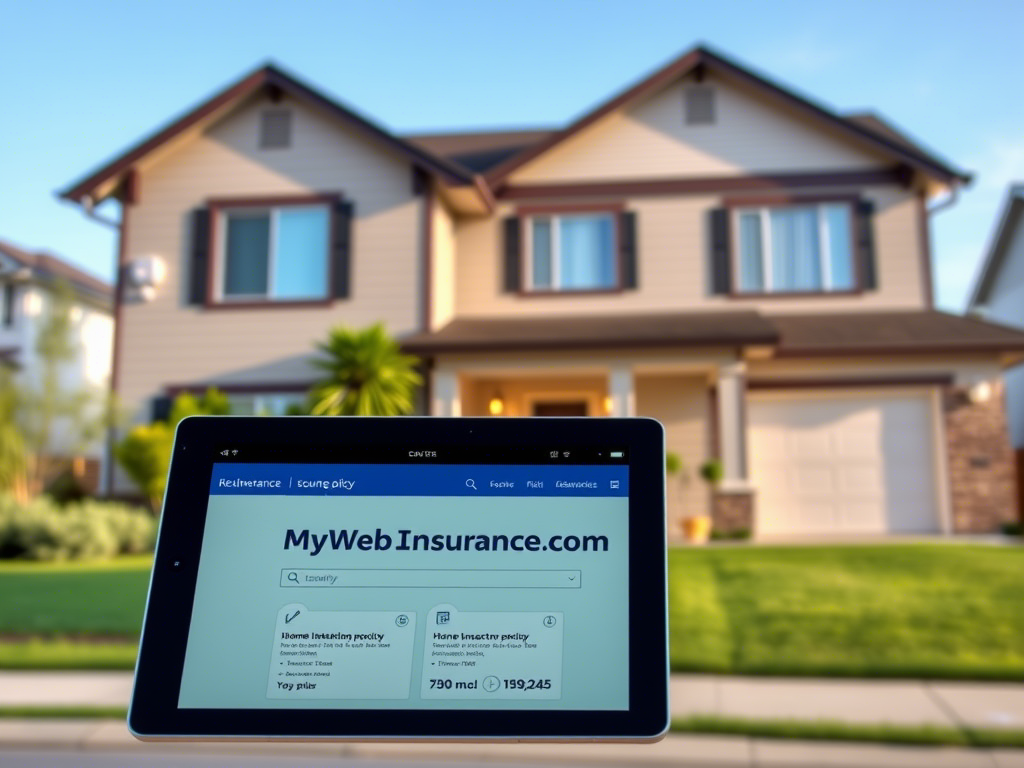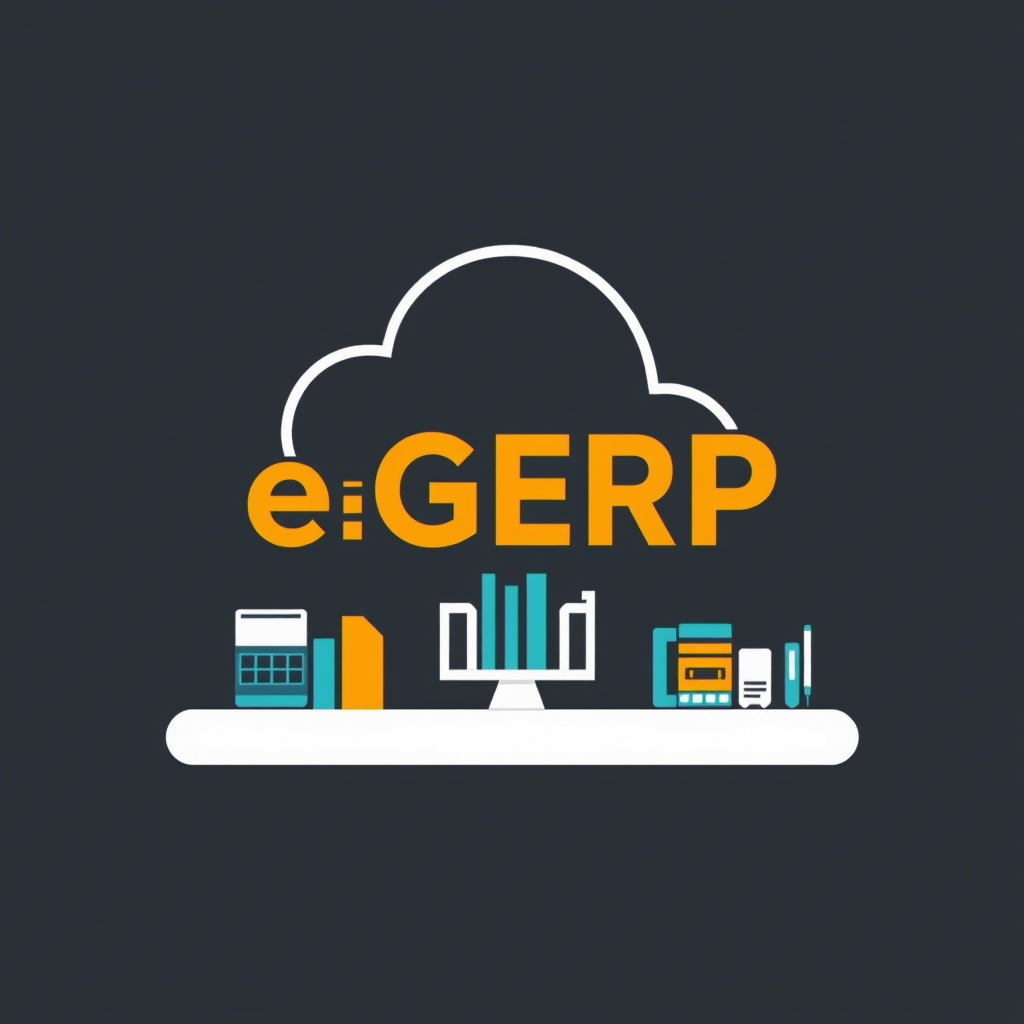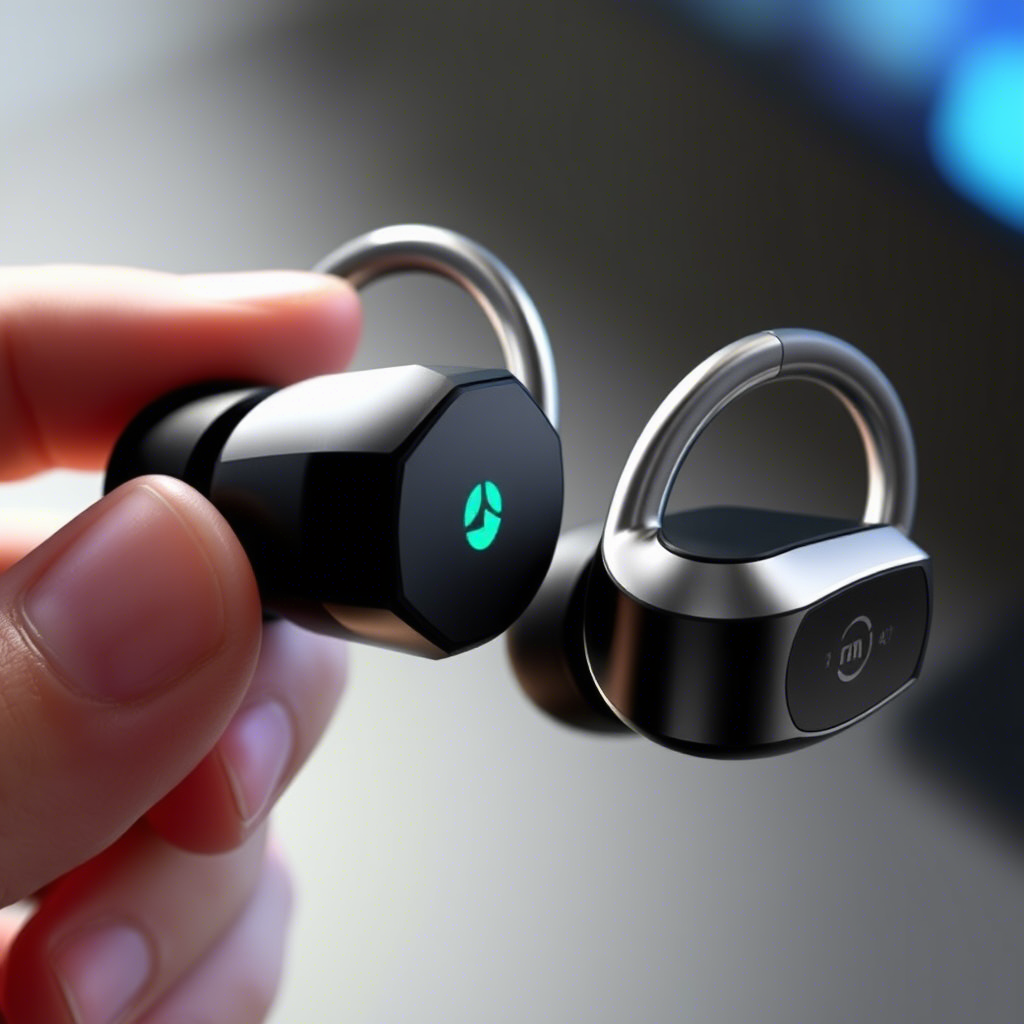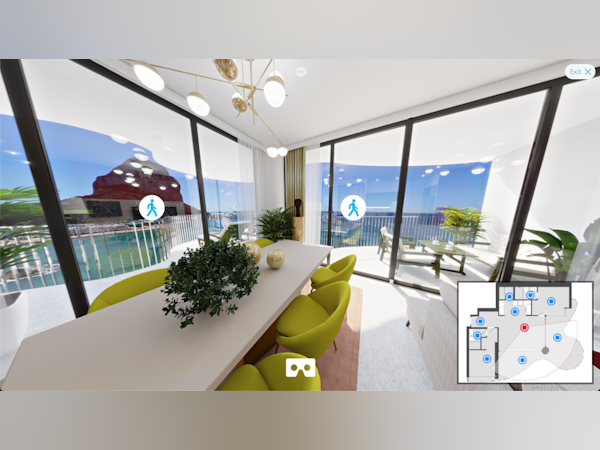VPBXs (Virtual Private Branch Exchanges) offer numerous advantages over a physical office.
In order to utilize a hosted telephone system, only handsets, modems, routers, and switches need to be purchased initially.
Efforts to improve a Business phone system can include VoIP phone systems as well as traditional PBX systems. Using SIP trunking you can use your IP PBX as a telephone network if your IP PBX is already internet-enabled.
These concepts will be broken down in order to make them more understandable:
- What is the process of using a hosted phone system?
- What does hosting a website entail?
- Your PBX can be hosted in many ways
- Cloud computing has some disadvantages
- Finding the right vehicle
Hosted phone systems: how do they work?
Hosting refers to a telephone system that can be accessed over the Internet.
Platforms can host PBX systems. Despite their similarities, the two configurations behave differently.
1). In a cloud VoIP solution, each phone is connected to an external VoIP data center. SIP servers are programmed in advance to allow phones to register with them.
A cloud PBX is capable of providing all the essential functions your employees need. Managing voicemail, auto attendants, and videoconferencing is easy with one of the easier platforms.
2) SIP trunking: Run all outside lines through the VoIP trunk attached to your existing PBX. Whether you have a brick-and-mortar or virtual office, you can take calls even if your PBX fails.
In what way is a hosted VoIP solution different from an on-premises solution?
With a cloud PBX, calls can be placed and received over the internet. A SIP server on the internet allows users to place and receive calls over VoIP.
The process is as follows:
- You can get cloud PBX services from a company that offers hosted phone systems. These systems are connected to a data center off-site.
- Your PBX system receives an incoming call.
- Using an internet connection, the hosted PBX converts the call data so that it can send packets. These systems use VoIP technology.
- Using the PBX, you will be able to receive incoming calls on your desk phone.
- You pick up the phone that rings on your desk. A connection is established after the conversion of digital packets to voice messages. When you are using a hosted PBX, you can talk directly to your callers.
The cloud phone system allows Internet-connected devices to make and receive calls. From smartphones to desktops to laptops, all types of devices can be used for business.
These 26 differences between PBX and VoIP will help you understand them
Hosted phone systems have many advantages

Cloud-based phone systems have several advantages:
Installation is easy
An expensive, complex, and time consuming process, installing a traditional phone system is involved. Hosted phone systems are not an adequate solution for these issues.
No one needs to visit your office to install and configure the cloud-based system. Since it facilitates collaboration between companies of all sizes, it is beneficial for both large and small businesses.
Saves on costs
It’s significantly more expensive to host a traditional phone system. Our equipment doesn’t need to be replaced. Existing equipment can be used with cloud-based telephony. These include:
- Using softphones
- Phones on desks
- Mobile devices (such as iPhones and Android devices) are smartphones.
- VoIP handsets
Businesses that use cloud-based phone systems usually have lower maintenance costs. There is no need to call an engineer because the problem can be fixed on site. VoIP issues can usually be resolved by your company’s IT team without contacting the provider.





